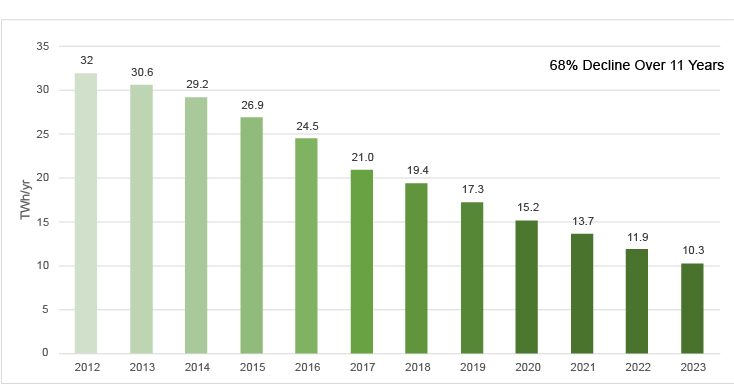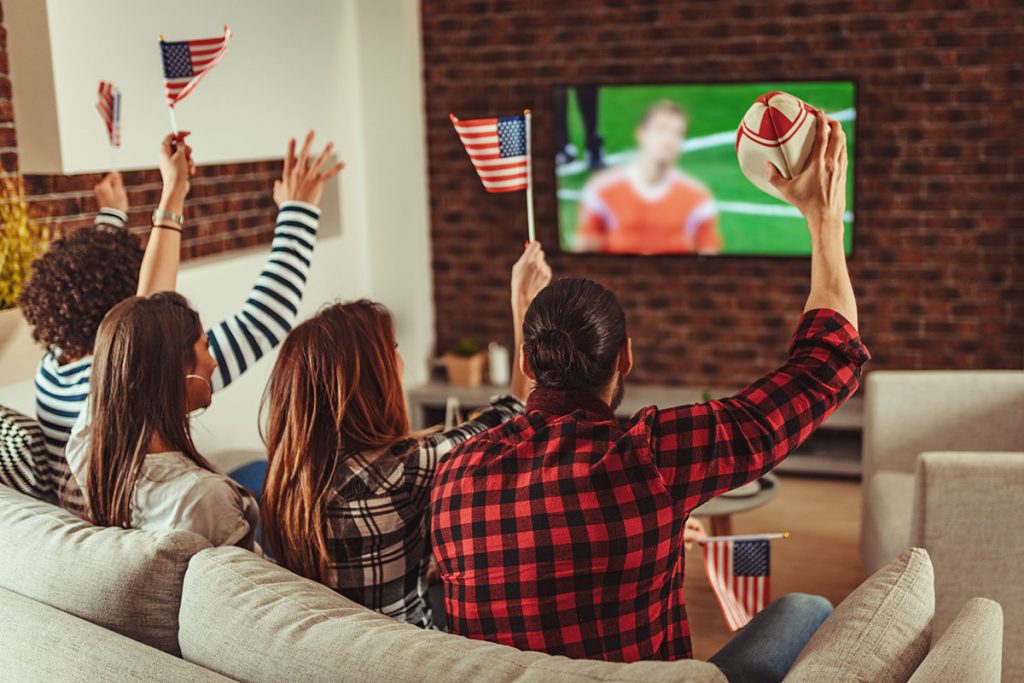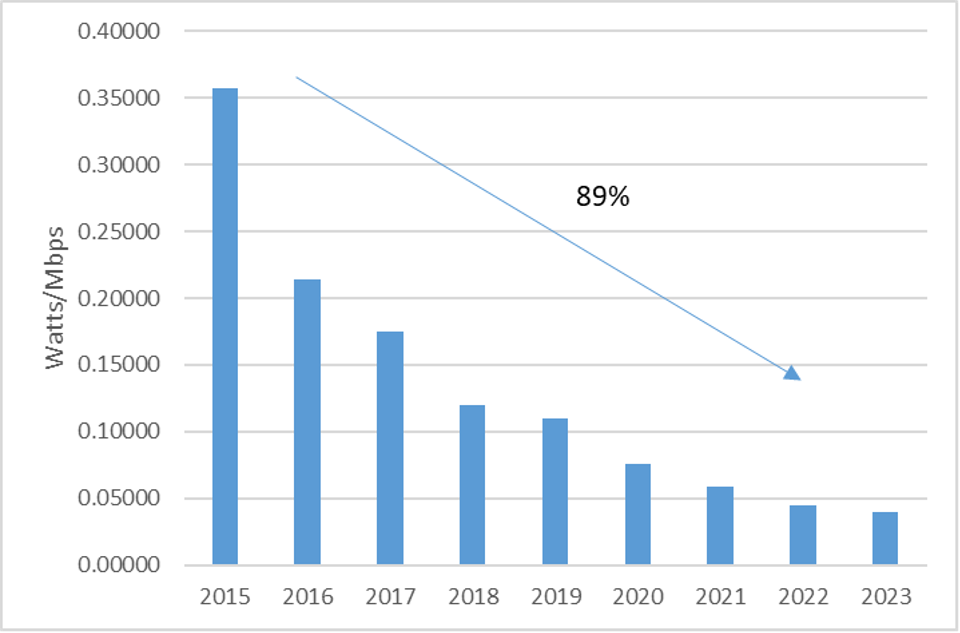Energy
Gold Medal Efficiency: Energy Wins Add Up for Voluntary Agreement Programs

Key Points
- Energy-efficiency voluntary agreements aim to balance the energy consumption of home networking equipment with ever-increasing demands for faster, more reliable and more secure services.
- Annual reports reveal that, since their inception, voluntary agreement programs in the United States and Canada have resulted in considerable energy savings.
Just as our athletes strived for gold this summer at the Paris Olympics, our industry is striving for peak energy efficiency with home networking equipment and set-top boxes (STBs). The annual reports for energy-efficiency voluntary agreements were recently released, and it feels like these programs are setting new world records every year!
The Balance Beam
The Small Network Equipment Voluntary Agreement (SNE VA) is an initiative that addresses SNE devices such as modems and routers. It strives to balance energy consumption with the ever-evolving demand for faster downloads, better Wi-Fi coverage, increased security and reliability. The U.S. 2023 SNE VA Annual Report reveals that the energy efficiency of products purchased or sold in 2023 has improved by 89 percent since the program began.
These figures were calculated by dividing the weighted average power of devices purchased or sold each year by the mean fixed wireline consumer broadband download speed for each year as measured by Ookla.
The High Dive
The energy consumption of STBs continues to dive lower. According to the most recent STB VA Annual Report, the national footprint energy consumption of set-top boxes has plunged from 32 terawatt-hours per year (TWh/year) to 10.3 TWh/year over the course of the program!
The 21.7 TWh savings in 2023 equates to over $3.4 billion in savings to consumers and 15.2 million metric tons of CO2 avoided. The energy saved during the 11-year period is more than enough to power every home in California, Oregon and Nevada for a year.

Energy consumption of set-top boxes has declined 68 percent since 2012.
Synchronized Diving
Canada is in sync with the U.S. in its energy efficiency programs, too. The Canadian Energy Efficiency Voluntary Agreement (CEEVA) 2023 Annual Report covers both STBs and SNE devices, and demonstrates nearly identical efficiency trends over the years.
The CEEVA program expanded the team when it added TELUS as a signatory this year, raising the market coverage of the CEEVA signatories to over 96 percent of both the pay TV and residential broadband markets in Canada.

Shutterstock
Team Sport
CableLabs is proud to be part of the team that makes these voluntary agreement programs successful, saves consumers money, and continues to deliver innovative products and services. Customers across the U.S. and Canada cheered on their Olympic teams this year more efficiently, whether via an STB or streaming on a smart device.
The energy savings achieved aren’t just technical achievements; they’re like winning medals for the planet, helping to ensure that we pass the torch of a sustainable future to the next generation.
You can read more about energy efficiency on our blog and learn more about the voluntary agreements for the U.S. and Canada.


